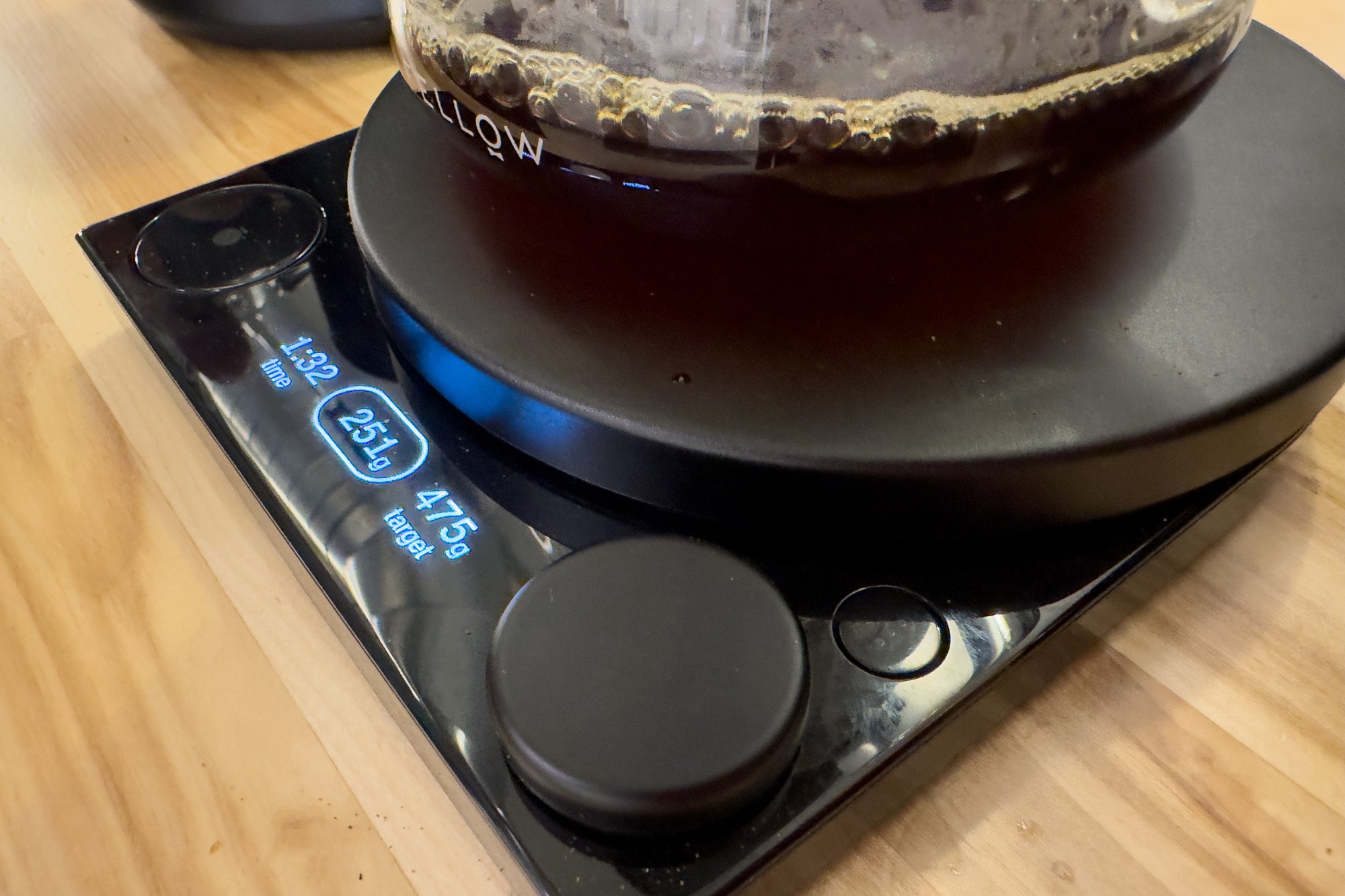A decade ago, a little coffee company launched a Kickstarter campaign for a product called Duo, a coffee maker that’s the best of both worlds: a cross between a French press and a pour-over.
The campaign sold almost $200,000 worth of machines to 2,700 backers, but the product itself was a flop. The company was Fellow, which today makes some of the best pour-over coffee grinders on the market; much-copied kettles with hyperprecise temperature control, loved by pour-over baristas across the industry; and a bunch of other caffeine-related paraphernalia.
Most recently, the company launched the Opus, one of the very few sub-$200 coffee grinders that can grind the beans in a variety of ways, from fine espresso to grinds suitable for electric coffee makers, French presses, AeroPresses, pour-overs and the like.
But the machine almost didn’t see the light of day: A year into production, the team had to scrap the entire idea and start over. I sat down with Fellow CEO Jake Miller to learn about the highs and lows of manufacturing hardware that keeps us well caffeinated.
“What’s true for most entrepreneurs is that there’s just something in them that has to come out,” Miller said, who started his entrepreneurial streak by bootlegging CDs in high school, creating and selling novelty T-shirts in college, and then starting a roofing and siding company after he graduated. “I didn’t want to sell inappropriate T-shirts in a side hustle anymore, but I still loved the thrill of entrepreneurship.”
He fell in love with coffee during a stint at Caribou Coffee. From there, he earned an MBA at Stanford and decided to start building Fellow. He attempted to raise money, but after receiving 73 rejections from VCs, he gave up. Not raising a serious chunk of cash in the early days turned out to be a company-saving blessing in disguise: Fellow raised its first “real” round of institutional money last year in a $30 million round.
“I graduated from Stanford, and I had this idea for Duo. Bright-eyed and bushy-tailed, I said, ‘Let’s go,’ and we launched it on Kickstarter. It was just me at the time, and when we raised the $200,000, I thought I was rich,” Miller said. “It took two years and more than $300,000 just to deliver the Kicsktarter units. It was this incredible fall from glory and me realizing how hard product design and development was. That product flopped and doesn’t exist today. I learned a lot from it.”
The Duo was a mashup between a pour-over and a French press, with the convenience of the latter and the quality of the former. It made a great cup of coffee, but it was complicated to use, hard to clean and unreliable.

At the Fellow office, a sneaky preview of the company’s upcoming scale that makes pour-over coffee fool proof. Image Credits: Haje Kamps / TechCrunch
Fellow had to go back to the drawing board after its sub-$200 grinder was a year in development. Thus began an incredible journey in which bootstrapping and raising small angel checks turned out to be a blessing, though there were a lot of war stories along the way.
How Fellow bootstrapped for 8 years to build a coffee empire by Haje Jan Kamps originally published on TechCrunch















 English (US) ·
English (US) ·